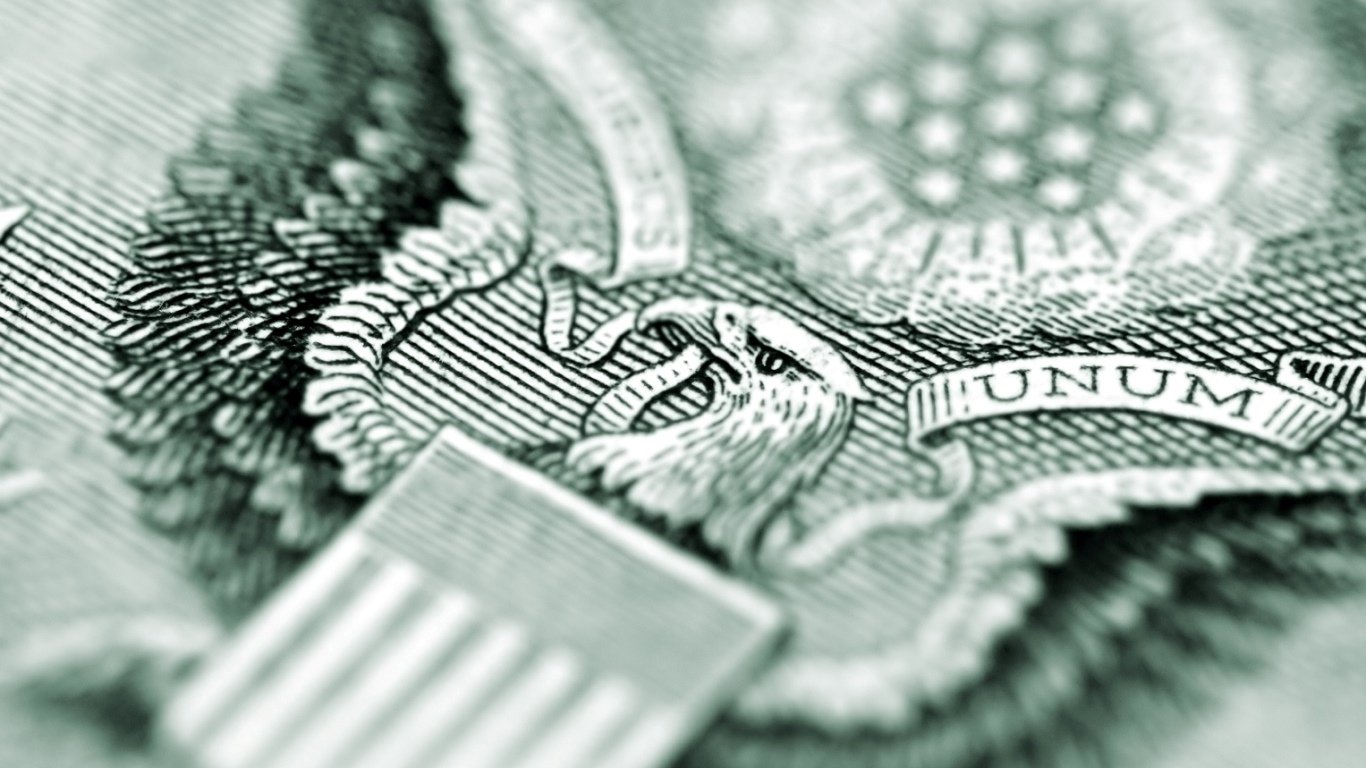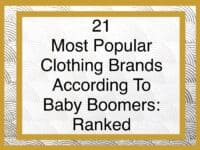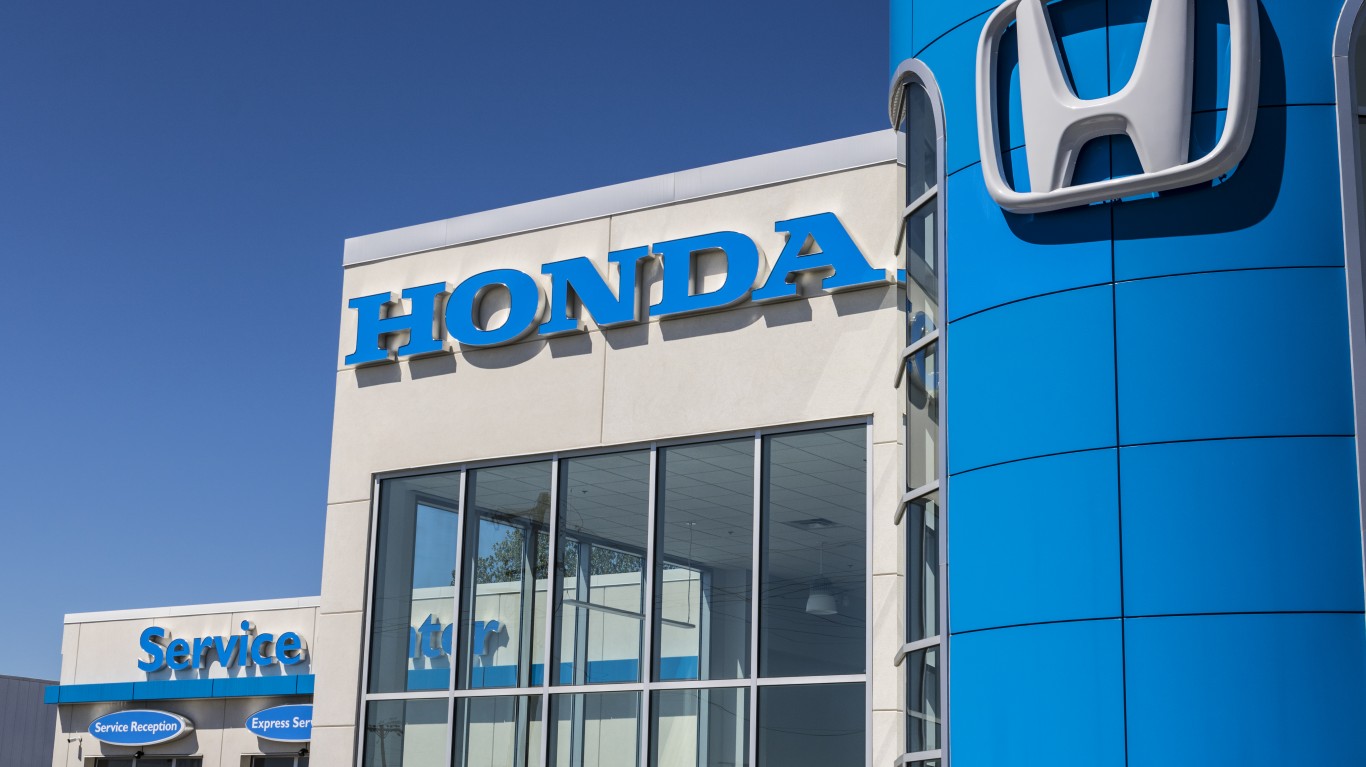

Johnson & Johnson (NYSE: JNJ) has found itself involved in more controversy than the company would prefer to see. The consumer and health products company has been dogged in the public view by stories of asbestos in its talcum powder, and it is one of the many companies trying to navigate its way through the post-epidemic stage of the opioid crisis in America.
It seems that not even bad news lasts forever. After an October 18 announcement that the company was initiating a voluntary U.S. recall of a single lot of its Johnson’s Baby Powder — in response to a Food and Drug Administration test had indicated the presence of sub-trace levels of chrysotile asbestos contamination in samples from a single bottle purchased from an online retailer — J&J has issued a statement through the website FactsAboutTalc.com.
According to the release, J&J said that 15 new tests from the same bottle of Johnson’s Baby Powder previously tested by the FDA found no asbestos. The company further said that 60 mew tests of the recalled lot conducted by two third-party labs also found no asbestos as a part of the company’s own ongoing testing and investigation.
J&J’s release noted that tests demonstrate that positive readouts are possible due to lab contamination. The company’s brief statement said:
Rigorous and third-party testing confirms there is no asbestos in Johnson’s Baby Powder. We stand by the safety of our product.
J&J’s communication further said:
In addition to using their standard preparation rooms, one of the laboratories deviated from their normal protocol by using an auxiliary room. In that auxiliary room, five samples were prepared, and three initially tested positive for asbestos. Upon this finding, the laboratory undertook an investigation and determined that a portable air conditioner in use during sample preparation in the auxiliary room was contaminated with asbestos. No asbestos was detected in any of the samples when prepared in the standard room.
This finding underscores the importance of investigating any positive test result. Even when careful safeguards are followed, asbestos contamination may be introduced during sample division, storage, preparation and analysis, according to the American Society for Testing and Materials, an International Standards Organization that identifies contamination as a concern in asbestos analysis.
According to the update, thousands of tests over the past 40 years have repeatedly confirmed that Johnson’s Baby Powder does not contain asbestos.
J&J’s stock was halted late in the trading day, with a closing price down six cents at $129.12 and a market cap of $340 billion. A gain of 3.5% to $133.71 implies that close to $10 billion worth of additional market capitalization was just added back into the stock. J&’s 52-week trading range is $121.00 to $148.99, and the Refinitiv consensus analyst target price was last seen at $150.50.
Thank you for reading! Have some feedback for us?
Contact the 24/7 Wall St. editorial team.
 24/7 Wall St.
24/7 Wall St.


